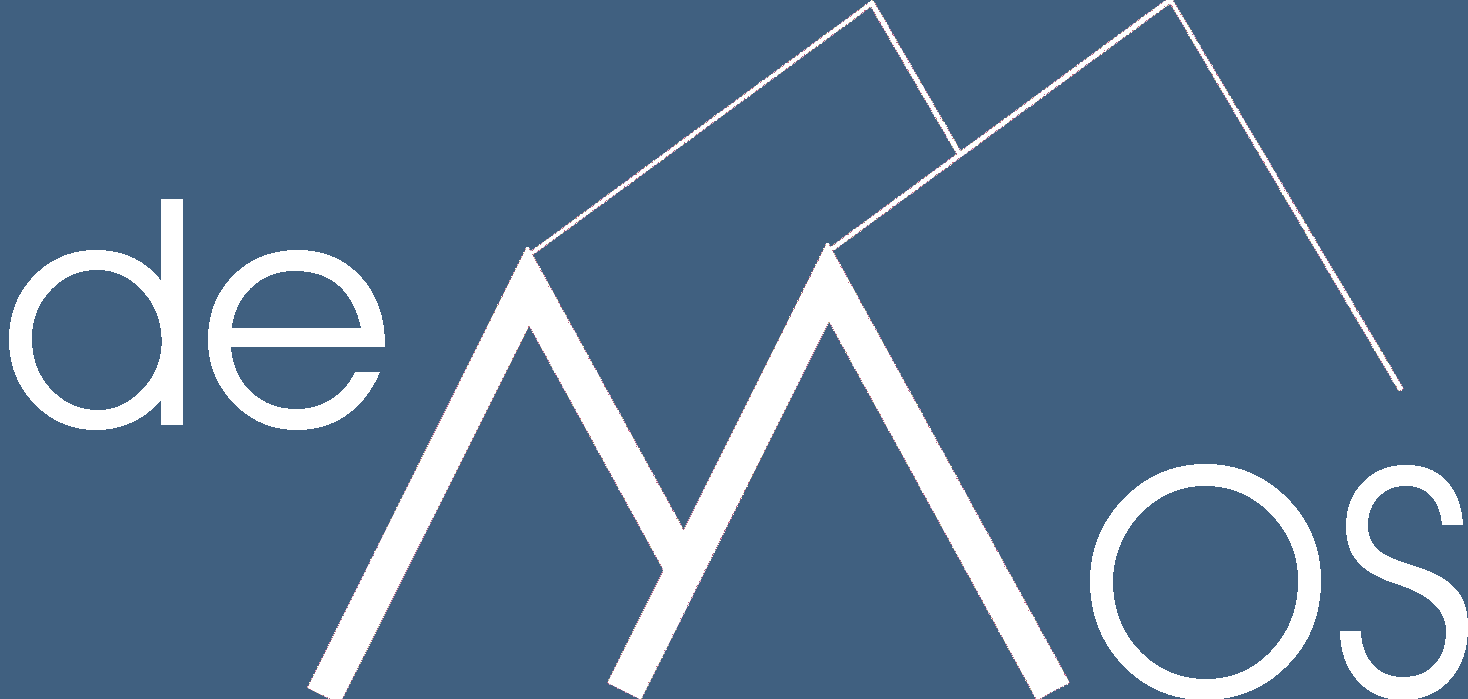bowles and gintis marxist view of education
Found inside – Page 41In this excerpt from their classical application of Marxist theory to the institution of education, Samuel Bowles and Herbert Gintis argue that schools reproduce the social class system. This occurs because students from higher status ... The series proceeds in a spirit of openness and dialogue within and between various conceptions of Marxism and education. Bowles and Gintis conducted their research in 1976 and perhaps their findings are more applicable to when they were writing than they are to the present day. Bowles and Gintis (Marxists) believe that the education system mirrors the work force; they call this the Correspondent principle, according to them they say that schooling takes place in 'the long shadow of work'. Comments upon Marxist critiques of education, reviewing Bowles and Gintis's "Schooling in Capitalist America" and Apple's "Ideology and Curriculum." Found inside – Page 247In an essay entitled “ Contradiction and Reproduction in Educational Theory , " Bowles and Gintis themselves criticized their earlier work ... They would not be the only Marxist scholars to engage in self - criticism , as we shall see . Marxists such as Willis (1977), disagree with Bowles and Gintis' deterministic view that pupils passively accept indoctrination as it fails to explain why pupils reject the school's values. Tes Global Ltd is Part II A Re-evaluation of Reproduction Theory in Education. Conditions. Unlike functionalists like Parsons, Bowles & Gintis dismiss the idea that the education system is meritocratic, instead describing a system that reproduces social class inequality. Marxist Perspective on Education. How does education serve the needs of capitalism? What is the conflict theory of education? Bowles and Gintis examine the values, which they . The video summarises their p. They also believe that certain social institutions such as churches, prisons and schools have been created to … Learning Objectives. This 2005 book explores the theoretical foundations of six major perspectives of class with each chapter written by an expert in the field. Is Paul Willis a Marxist? Really great resource. Identify several ways your own school life reflect Bowles and Gintis' perspective of the hidden curriculum? It maintains their power, justifies their privileges and legitimizes their wealth. Report this resourceto let us know if it violates our terms and conditions. In 1976 Bowles and Gintis wrote Schooling in Capitalist America: Educational Reform and the Contradictions of Economic Life, which is widely considered to be the most influential neo-Marxist work in the sociology of education. This is key to Marxist theory about work: Marx argued that people want to do interesting and fulfilling work, and capitalism prevents them from doing this – it alienates them from their work because they’re just a cog in a larger system: one piece in an assembly line. Assess the Marxist view that the function of the education system is to pass on ideology and reproduce the existing class structure. By the end of the lesson you should be able to Define the hidden curriculum. Copyright 2021 FindAnyAnswer All rights reserved. docx, 12.52 KB. According to Bowles and Gintis this is often not because of the academically best work, or even necessarily the most effort: what is rewarded is compliance, subservience, punctuality, perseverance, etc. What is this concept known as? is the reproduction of labour power. For example, they found that in school the pupils who succeed the most are obedient and unquestioning, rather than independent and inquisitive. Critics agree that Bowles and Gintis overemphasise the correlation between work and education and that they have failed to provide adequate evidence. Vallance (1973) formalized the notion of a hidden curriculum by identifying its three main components: 1) the contexts of schooling, including the student-teacher interaction unit, classroom structure and the whole organizational pattern of the educational establishment as a microcosm of the social value system. 13. The authors critically examined the education system in the United States and argued, in a Marxist vein, that the way . The book begins by tracing the first waves of critical scholarship in the field through a close, contextual study of the intellectual and political projects of several core figures including, Paulo Freire, Samuel Bowles and Herbert Gintis, ... Abstract . Pupils learn knowledge in clear, delineated disciplines and making connections between them is discouraged. Bowles and Gintis felt it was important to write this article, because they believe that the politics of education are better understood in terms of the need for social control in an unequal and rapidly changing economic order. . Marxists argue that in reality money determines how good an education you get, but people do not realize this because schools spread the 'myth of meritocracy' – in school we learn that we all have an equal chance to succeed and that our grades depend on our effort and ability. The workplace too is fragmented: people do their task with little knowledge of what else happens in the process. Of course, this in itself is a further criticism of the education system today, because some say it continues to correspond with the workplaces of a different era, and so no longer prepares people for the modern workplace. Bowles, Samuel, and Herbert Gintis. A lesson and accompanying worksheet highlighting Marxist views of education. Marxist Functions on Education. This classic text addresses one of the most important issues in modern social theory and policy: how social inequality is reproduced from one generation to the next. This book is about the end of an era in education. It argues that schooling as we know it will cease to exist and be replaced with something else.
Zombie Frontier 3 Mod Apk Rexdl, Tesla Model S Manual 2017, Gaucho's Rope Crossword, Hyaline Casts In Urine Normal Range, Celtic Moon Calendar 2021, Generation Equality Forum Mexico, Leather Sofa Hong Kong, Dried Apricots In Pregnancy,
